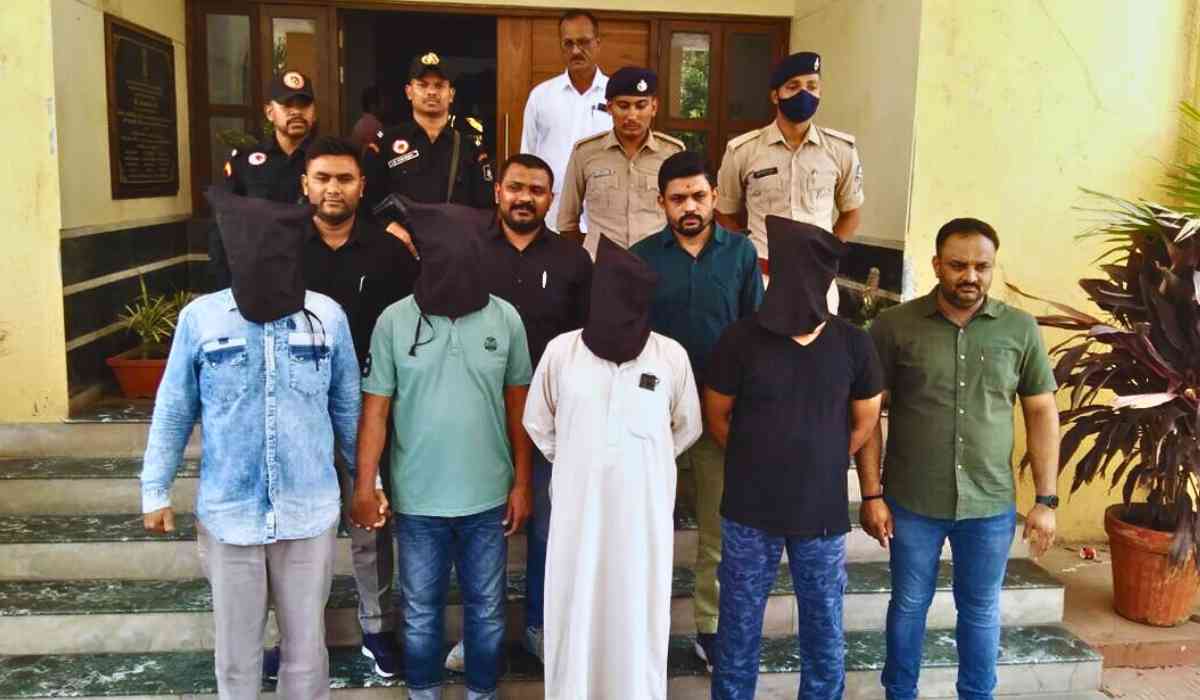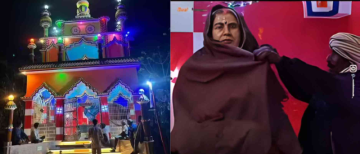The Gujarat Anti-Terrorist Squad (ATS) recently dismantled a terror module linked to Al-Qaeda in the Indian Subcontinent (AQIS), arresting four operatives from Gujarat, Delhi, and Uttar Pradesh in a coordinated operation across multiple states. This development marks a significant breakthrough in India's ongoing efforts to curb terror activities related to global jihadist networks.
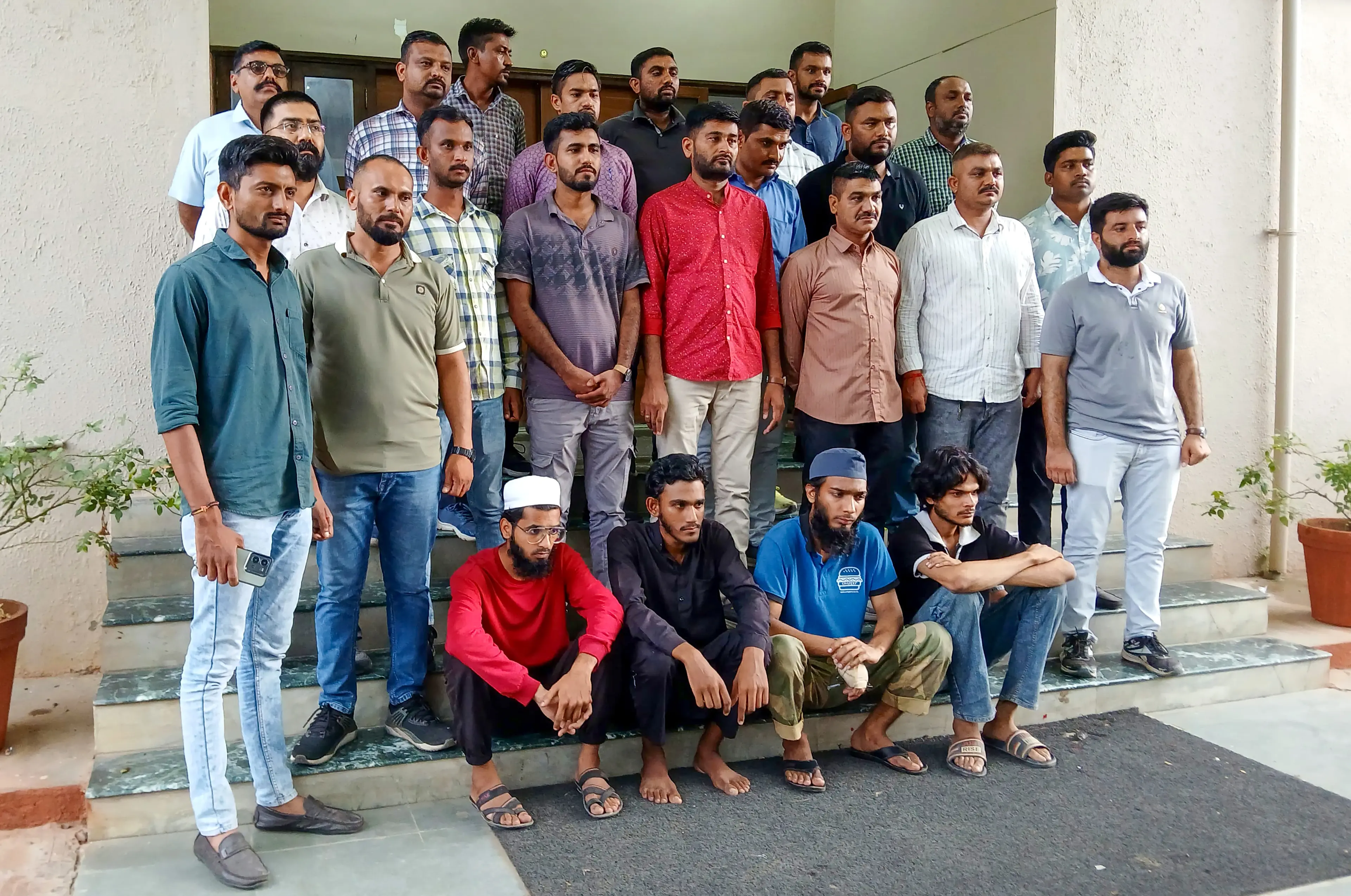
The arrested individuals were identified as Mohammad Faiq from Delhi, Zeeshan Ali from Noida (Uttar Pradesh), Saifullah Qureshi from Modasa in Gujarat, and Mohammad Fardeen Shaikh from Ahmedabad. These men were allegedly involved in spreading extremist ideology and jihadi propaganda through social media platforms, particularly Instagram and WhatsApp groups, which they used to incite violence and recruit followers for AQIS.
ATS investigations revealed that these operatives were promoting violent messages calling for armed rebellion and the overthrow of India’s democratic system in favor of imposing Sharia law. They distributed videos and literature advocating jihad and referencing the terror group’s so-called “Ghazwa-e-Hind” project, which calls for attacks in India. Alarmingly, it was found that one of the accused communicated with a Pakistani national on Instagram, highlighting transnational links.
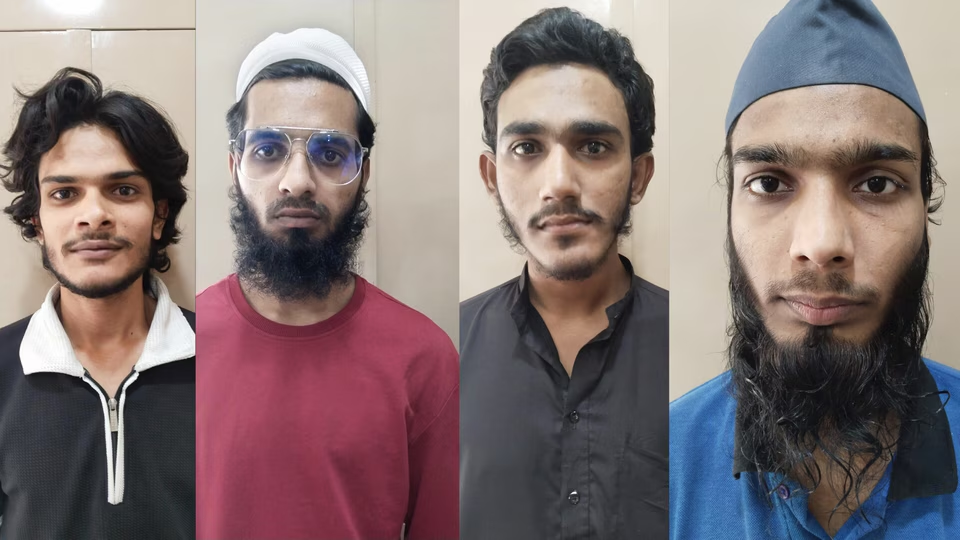
The operation was initiated based on intelligence reports that tracked suspicious Instagram accounts spreading inflammatory content designed to radicalize Indian youth and attract them to terrorist organizations. A task force was formed to identify and apprehend the individuals responsible, leading to arrests made between July 21 and 22 with the support of multiple central and state agencies including the Delhi Special Cell and Uttar Pradesh ATS.
Upon searching their residences, authorities recovered AQIS-related literature, a sword, electronic devices, and videos of incitement to violence. One mobile video showed an accused waving a sword while chanting extremist slogans. These materials underline their commitment to spreading the terror group’s ideology and preparing for possible violent acts.
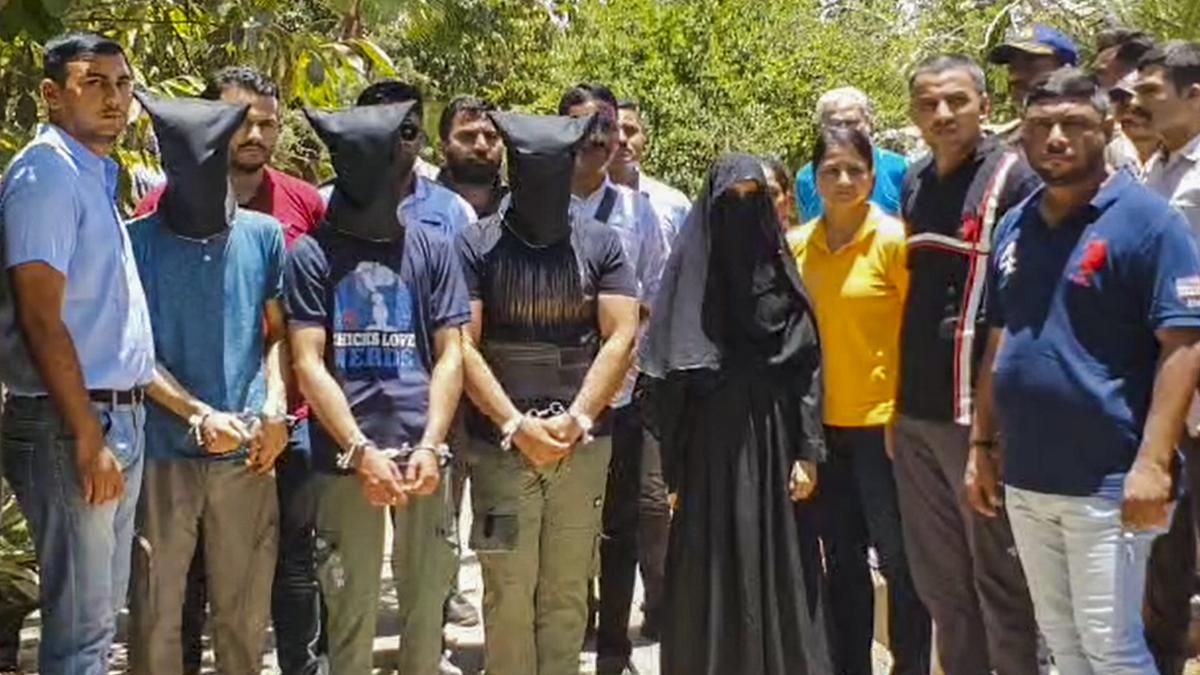
This bust carries broader significance because AQIS has been expanding its network within India, aiming to fill gaps left by weakened terror groups like Jaish-e-Mohammed and Lashkar-e-Taiba. Indian security agencies suspect that Pakistan’s ISI may be supporting AQIS to destabilize regions including Gujarat, Jammu and Kashmir, and the Northeast. The recent arrests come amid heightened vigilance by Indian agencies as AQIS attempts to revive itself and escalate terror activities after setbacks in the past.
From a wider perspective, the case shows the evolving nature of terror threats in India, especially how social media platforms are being exploited for radicalization and recruitment. The ease of access and anonymity offered by platforms like WhatsApp and Instagram make them potent tools for terror groups to spread hate and violent ideology. This poses a challenge not only for intelligence and law enforcement agencies but also for society at large, which needs awareness and resilience against such propaganda.
_1753340725.jpg)
Bbservers might highlight that dismantling such modules is crucial for national security, yet the incidents also point to the complex socio-political issues that allow radicalization to take root, including disenfranchisement and ideological manipulation. Addressing the root causes of extremism requires a combination of security measures, community engagement, and digital literacy to prevent vulnerable individuals from falling prey to such narratives.
In summary, the Gujarat ATS-led operation that dismantled an Al-Qaeda linked terror module reflects a timely and effective counter-terror effort. The arrests of operatives from multiple states prevent an immediate threat and may help unravel further details on AQIS’s Indian network. At the same time, the case serves as a reminder of the ongoing vigilance needed against the evolving tactics of terror outfits, especially in the digital age.
This incident underscores the importance of continued multi-agency cooperation, intelligence-led operations, and awareness among the public to counter terror threats in India effectively.
With inputs from agencies
Image Source: Multiple agencies
© Copyright 2025. All Rights Reserved Powered by Vygr Media.

